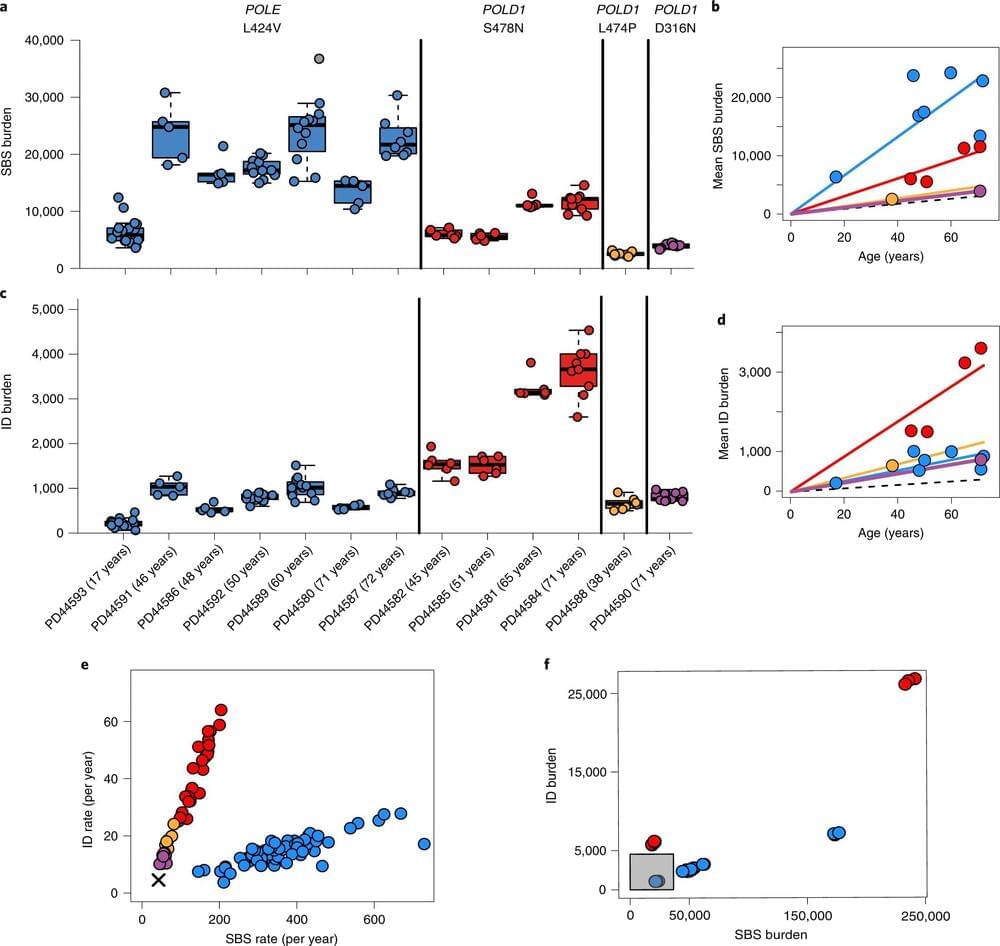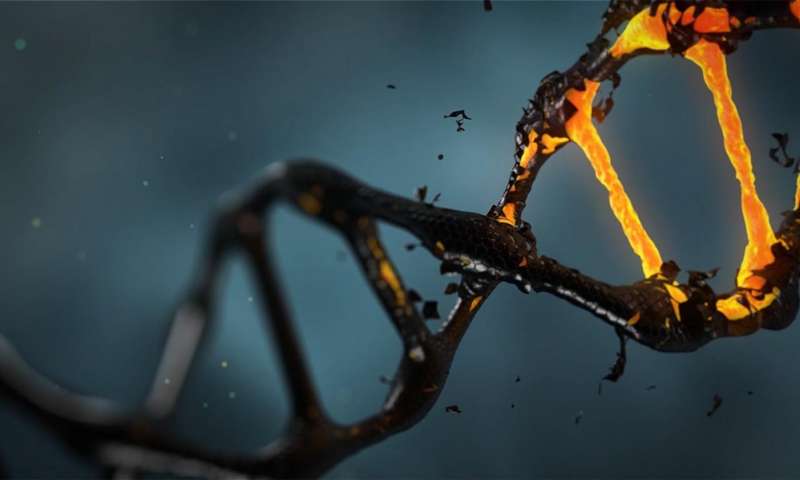Reversible system can flip the magnetic orientation of particles with a small voltage; could lead to faster data storage and smaller sensors.
Most of the magnets we encounter daily are made of “ferromagnetic” materials. The north-south magnetic axes of most atoms in these materials are lined up in the same direction, so their collective force is strong enough to produce significant attraction. These materials form the basis for most of the data storage devices in today’s high-tech world.
Less common are magnets based on ferrimagnetic materials, with an “i.” In these, some of the atoms are aligned in one direction, but others are aligned in precisely the opposite way. As a result, the overall magnetic field they produce depends on the balance between the two types — if there are more atoms pointed one way than the other, that difference produces a net magnetic field in that direction.









